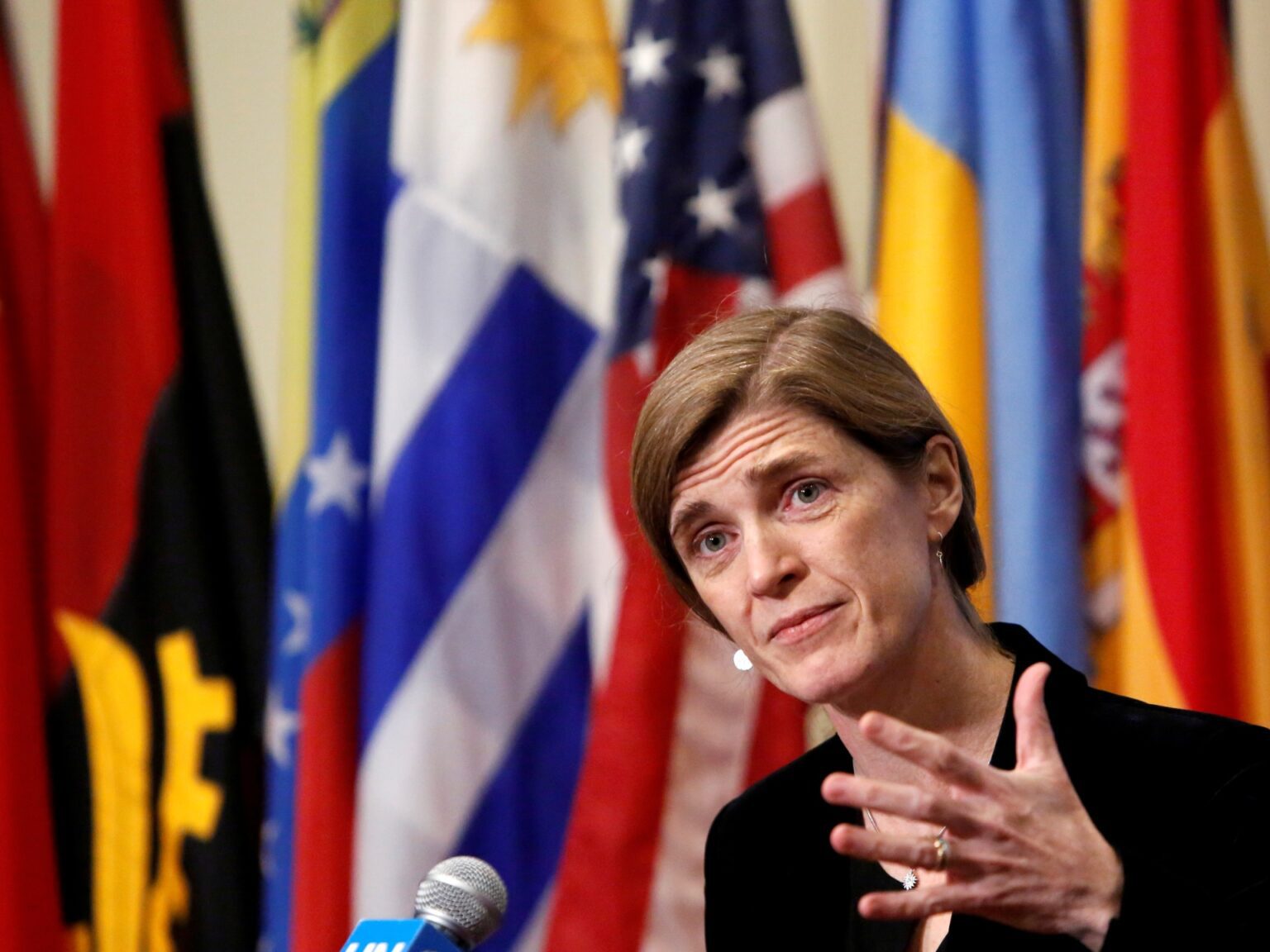Global Courant 2023-05-20 17:22:07
Gaga Refugee Camp, Chad — At least 250,000 refugees have entered Sudan’s neighboring countries since April 15 following a rivalry between army general Abdel Fattah al-Burhan and the head of the paramilitary Rapid Support Forces, Mohamed Hamdan “Hemedti” Dagalo, in an armed conflict.
A further 843,000 people are internally displaced, according to the United Nations refugee agency, bringing the total number of people who have fled their homes in the past six weeks to more than a million.
While most of the worst fighting took place in the Sudanese capital of Khartoum, heavy fighting also took place in the western region of the country, Darfur, mainly between Arab and Masalit communities. Waves of intercommunal violence have so far forced at least 60,000 refugees to flee to neighboring Chad.
Aid agencies say the numbers are much higher as people continue to pour into the country every day, and thousands remain unregistered so far.
Most of the refugees are in informal settlements along the border and will remain at risk from the fighting if they are not moved deeper into the country before the rainy season begins in about four weeks.
The UN’s refugee agency, UNHCR, began relocating about 1,000 people on Monday amid huge logistical challenges and a shortage of funds.
Resources in Chad had already been exhausted to help some 600,000 refugees who were already in the country before the Sudan crisis.
Al Jazeera spoke with Samantha Power, the head of the United States Agency for International Development (USAID), who has announced $100 million in additional funding for Sudan and countries affected by the conflict in Sudan.
“As humanitarian conditions in Sudan continue to get worse, not better, we at USAID are increasing our support for our partners on the ground,” Power said during a visit to one of the camps in eastern Chad hosting refugees from Sudan.
Al Jazeera: What is the United States doing to help the displaced Sudanese population?
Samantha Power: The main thing the US is focusing on is getting the two sides to the negotiating table so that the fighting that drives people in these conditions stops. That is something that Secretary of State Antony Blinken is working on together with the Saudis, the African Union and others.
In the meantime, as humanitarian conditions in Sudan continue to worsen, we at USAID are increasing our support to our partners on the ground.
Even before this crisis and the horrific violence, there were 60 million people in Sudan in need of humanitarian assistance. That number has now increased by more than 50 percent. That means finding a way to channel more resources into Sudan to meet food and protection needs.
So many women now suffer gender-based violence at the hands of the militias and soldiers. So more health items are needed, given that hospitals have been destroyed or taken over by soldiers.
Here in Chad, (we’re involved in) the process of moving people from makeshift settlements deeper into the country, where they won’t be pursued by the same Sudanese armed actors that routed them in the first place.
We, the United States, will support UNHCR in building these camps for what is now 60,000 people and we will support the (refugee organization) as they move these people away from the border and deeper into Chad. But we all recognize that 60,000 is just the beginning and we are already hearing reports of thousands – perhaps tens of thousands – trying to cross the border in Sudan.
The Chadian forces and authorities welcome them, but you have Sudanese armed elements trying to take advantage of people in the hours of their greatest need, forcing them to pay (cross) or outright blocking them. So obviously that would also be part of our diplomacy. The armed forces that have unleashed this war against civilians must take responsibility for clearing the border so that people who want to cross can cross.
AJ: How do you respond to criticism that the US has been too lenient with the two generals and paved the way for this conflict?
Power: I traveled to Sudan two years ago and, like so many senior US officials, spoke with General Burhan to push for a swift transition to civilian rule. USAID threw its weight behind the civilian-led government with development aid(s) significant financial support.
It was the highest amount we have invested in Sudan for a long time, knowing that the people needed to see tangible economic progress with a citizen-led government. When Burhan staged the coup, we stopped that aid and constantly pressured him to return to the negotiating table. It is clear that progress has been halted because there are certain individuals and elements in Sudan who, decade after decade, put their own well-being above that of the Sudanese people.
I think the focus and the blame and the accountability belong to armed elements that put their own interests first.
AJ: Can you elaborate on how the Sudanese feel betrayed by the US and the West?
Strength: We are stepping up support today and announcing $100 million in additional programs, both here and in Sudan, to try to assist the Sudanese people. That is why we are and will continue to be ruthless in our diplomacy.
The only future that will work for Sudan is a citizen-led government, and we will not give up until the Sudanese people achieve that.








